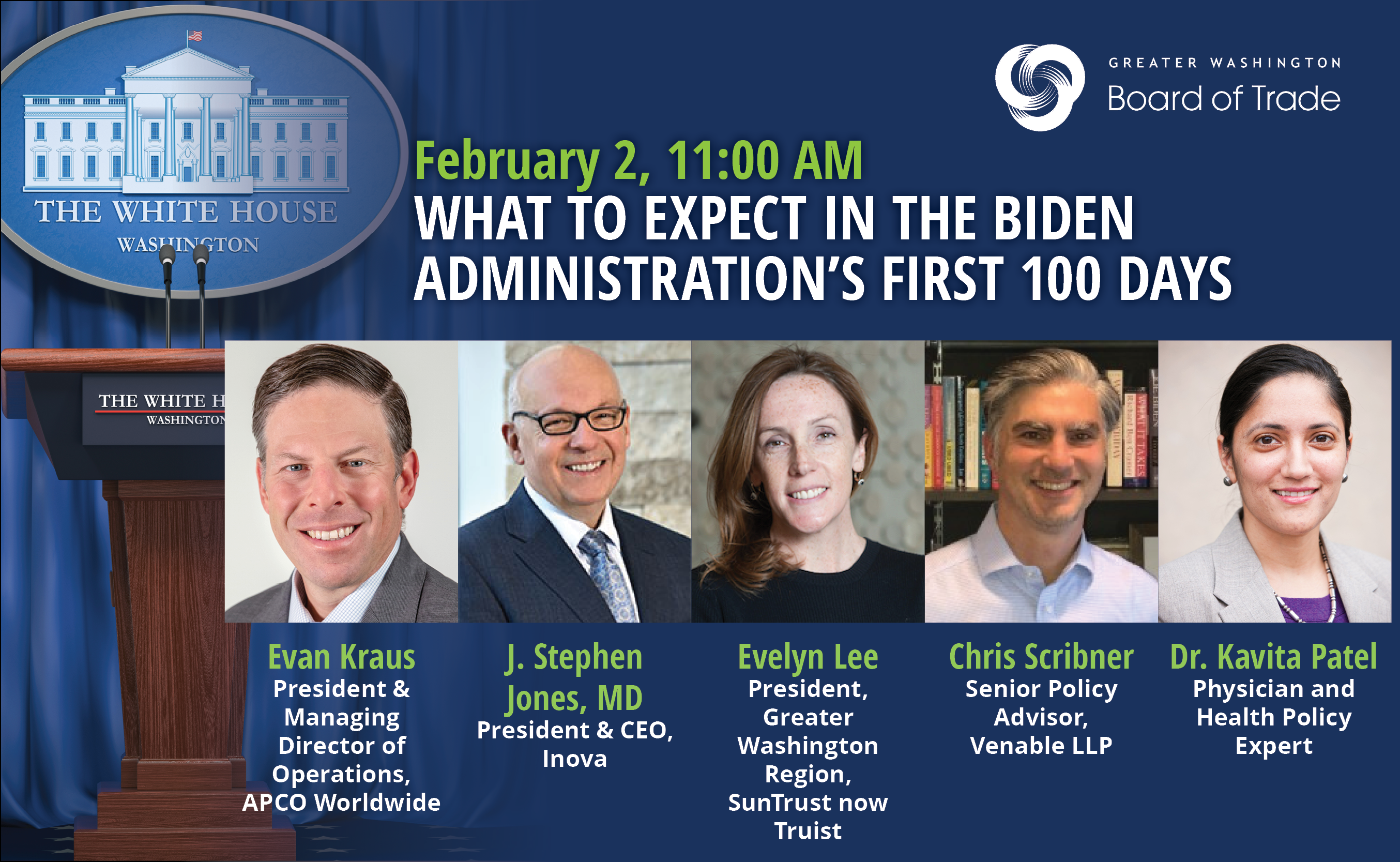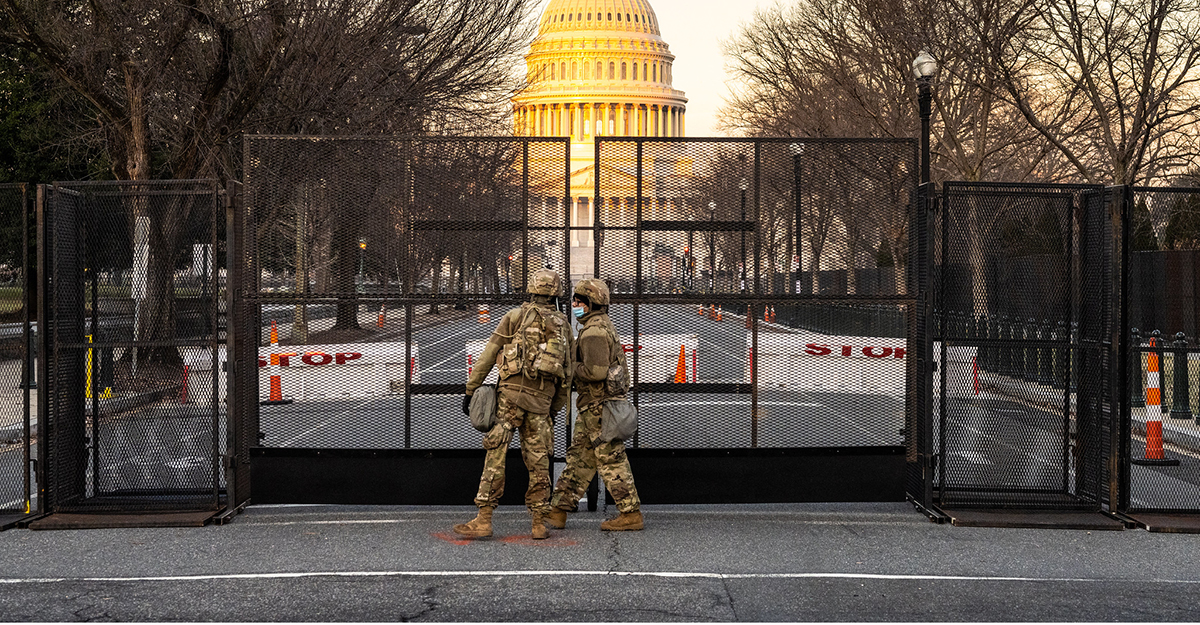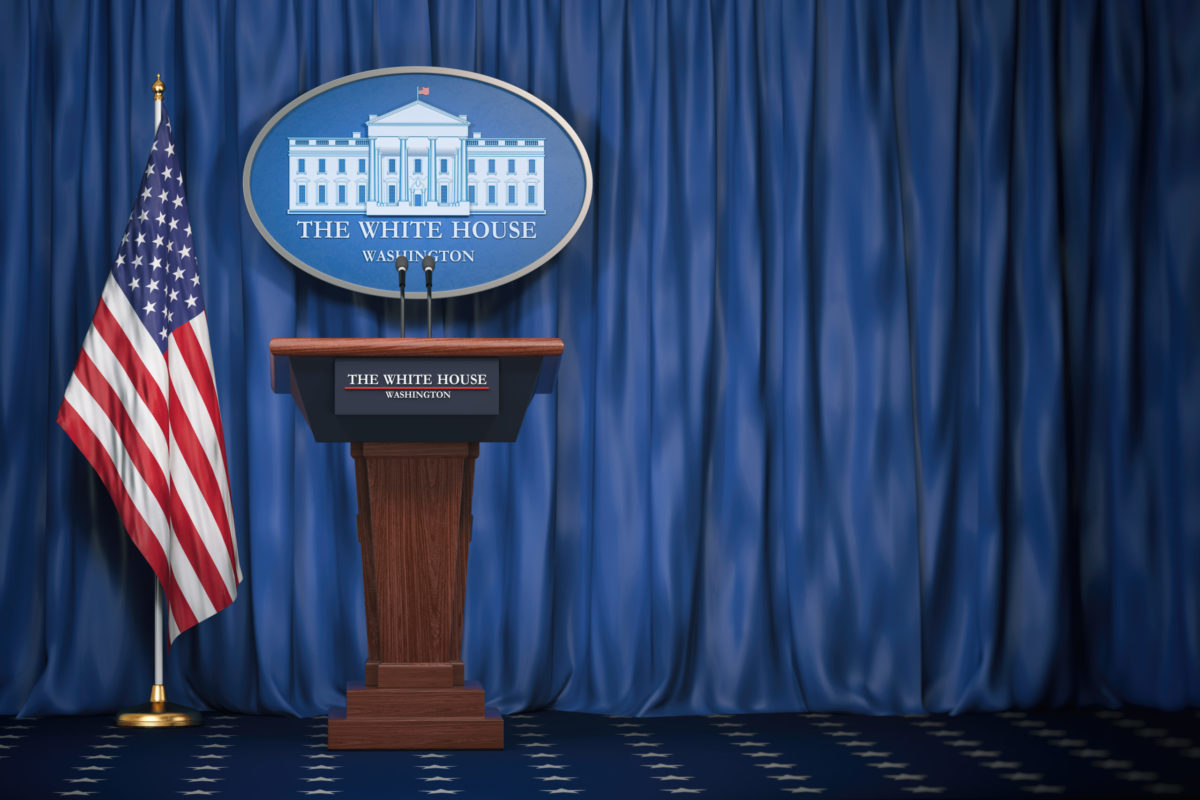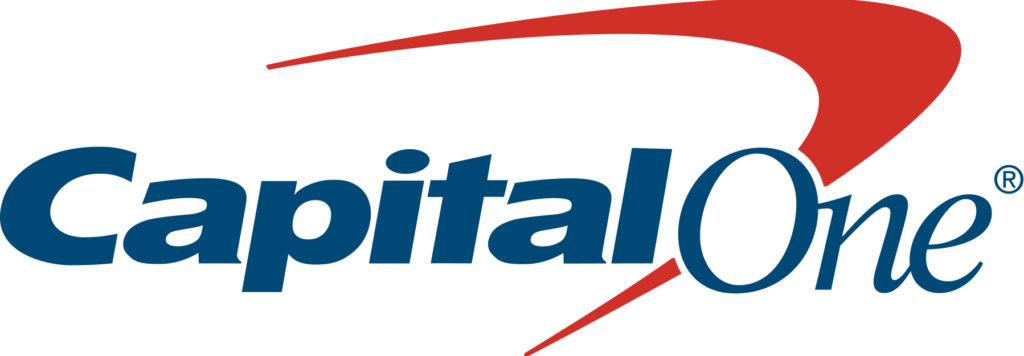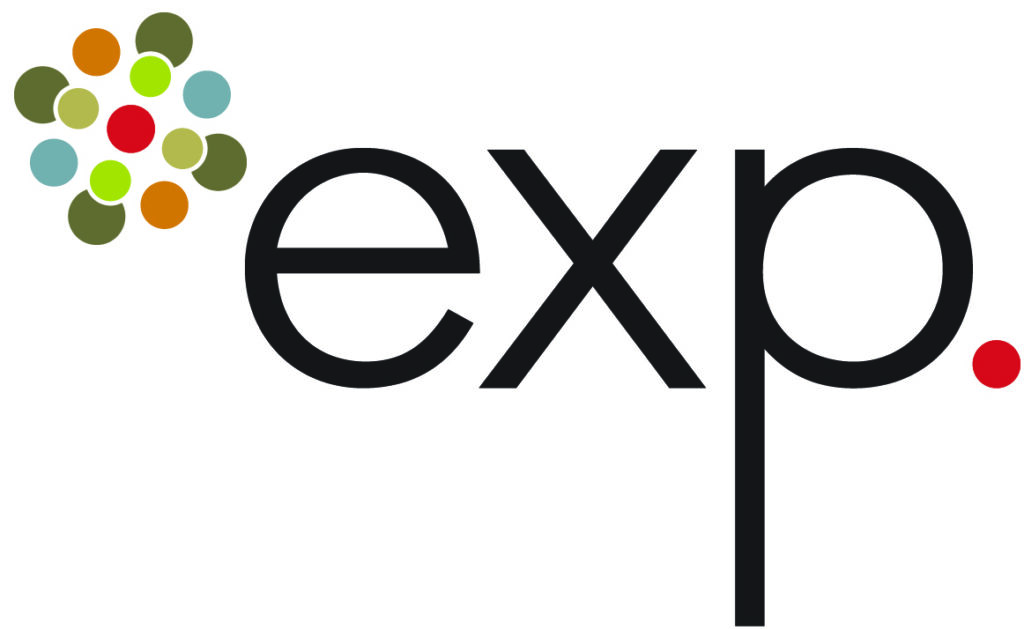Black and Brown communities have historically been denied fair access to the services, amenities, and conditions we all need to live healthy lives, and as a result they often suffer worse health outcomes. This was made abundantly clear during the COVID-19 pandemic. Employers can help reverse this problem by designing benefits programs that meet the needs of their diverse workforce.
On March 25, 2021, we brought together three experts with deep insights on health equity to discuss the issue and what it means for employers.
Moderator: Dr. Christina Stasiuk, Senior Medical Director, Cigna
Panelists:
- Anita Jenkins, Chief Executive Officer, Howard University Hospital/Adventist HealthCare, Inc.
- Dr. Yele Aluko, Chief Medical Officer, EY Americas
Webinar Recording
Summary
What are “Social Determinants of Health”?
Dr. Stasiuk began the webinar with a presentation on “social determinants of health.” This term refers to factors that impact health and wellbeing, such as language barriers; bias on the part of medical practitioners; cultural beliefs and practices; awareness of, access to, and quality of care; health literacy; and physical environment and geographic location.
Health inequities arise when these factors disproportionately affect some communities. This is why we have seen differences in how the COVID-19 pandemic has impacted Black and Brown communities vs. majority white ones.
Attitudes About the COVID-19 Vaccines
Dr. Yele Aluko explained that all three vaccines that have emergency use authorization from the FDA (Pfizer, Moderna, and Johnson & Johnson) are designed to provoke an immune response to the COVID-19 virus without exposing the person to the live virus.
Though all FDA-approved viruses underwent a rigorous process of clinical trials, many people are still nervous that they will cause harmful side effects. Anita Jenkins said that initially, even leaders within the Howard University heath system were asking questions about whether the vaccine could be trusted. They cited historical examples of Black and Brown communities being mistreated by the medical community, such as the Tuskegee Experiment.
Mrs. Jenkins’s hospital system calmed the concerns of its staff by providing accurate information on the COVID-19 vaccine through daily briefings. The helped staff understand how the vaccines were developed and why the vaccines are safe for everybody. Acknowledging and responding to concerns were key to winning trust.
How the Pandemic Highlighted Health Inequity
The pandemic raised the visibility of a historic truth that some communities have more exposure to disease and worse care. For example, in low-income communities it may be common for extended families to share a home. The higher density of people living together makes it difficult to stop the spread of disease. This may be true for all diseases but was made a more critical problem by the COVID-19 pandemic.
It is important to understand that Black and Brown people are not biologically or genetically more prone to disease—this is a myth. They have been impacted more by the COVID-19 vaccine because of social determinants of health like the one described above.
Inadequacies in the Health System
Mrs. Jenkins described that medical care has become “sick care,” where medical practitioners typically treat injury and disease but do not proactively help patients manage their health. Meanwhile, “wellness” is often thought of as the industry of health food subscription services, supplements, and boutique exercise studios that cater to the affluent. Howard University Hospital is trying to make wellness relevant and accessible to a wider variety of people by going back to the basics of preventative care and healthy cooking, using affordable and culturally relevant recipes.
There is statistical evidence that people receive worse care when their doctor is of a different racial or ethnic background. For that reason, we must increase diversity among medical practitioners. Dr. Aluko said it will take a long time to achieve parity in the percentage of Black and Brown physicians and the communities they serve, so in the meantime it is important that physicians be trained in cultural nuances. Dr. Aluko also said that historically black colleges and universities (HBCUs) have typically been the educators for Black and Brown physicians, but other medical schools need to have strategies. HBCUs cannot do it all.
Tips and Guidance for Employers
Mrs. Jenkins and Dr. Aluko agree that employees’ health is of material importance to business. This was made abundantly clear in the pandemic. Together, they offered the following tips for employers to ensure their workforce is as healthy and productive as possible, taking into account the different needs of Black and Brown communities.
- Make sure it is easy for employees to navigate their healthcare benefits and to take advantage of employee wellness programs. Incentivize the usage of those programs and treat it as part of the core operations of the business.
- Take a step back. There has been a lot of reactivity to COVID-19 but smart employers will develop more comprehensive strategies that enhance awareness, health literacy, and workforce resilience in an equitable manner.
- Do not forget behavioral health. People are still dealing with a lot of anxiety and fear related to the pandemic and its consequences. Make sure employees have mental healthcare resources and know how/why to use them.
- Be honest about the presence of racism and proactively work to dismantle its drivers, without defensiveness.
About the Racial and Social Equity Webinar Series
The Greater Washington Board of Trade’s Racial and Social Equity Webinar Series will provide business leaders across the region the knowledge and tools they need to build more diverse, inclusive, and equitable organizations. It will help leaders identify drivers of inequity and injustice and take concrete steps towards being agents of positive change.
Presenting Sponsor and Knowledge Partner

Executive Sponsor

Supporting Sponsor
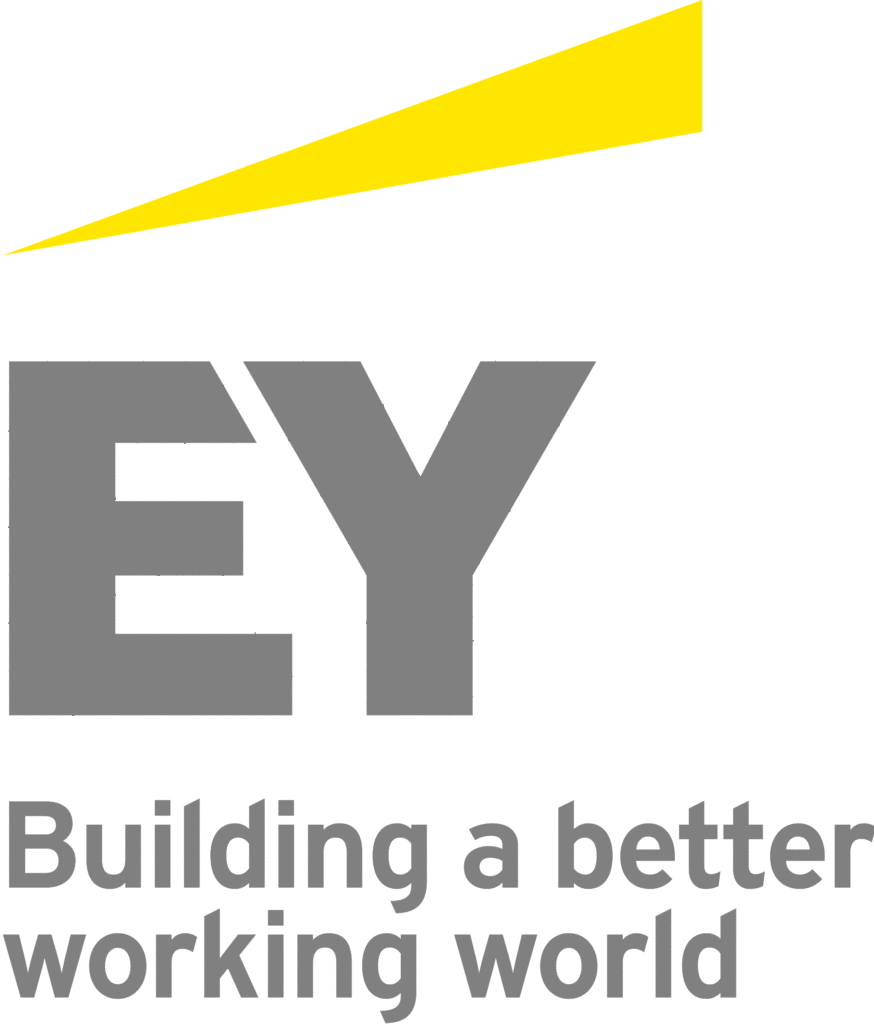
Program Partner







